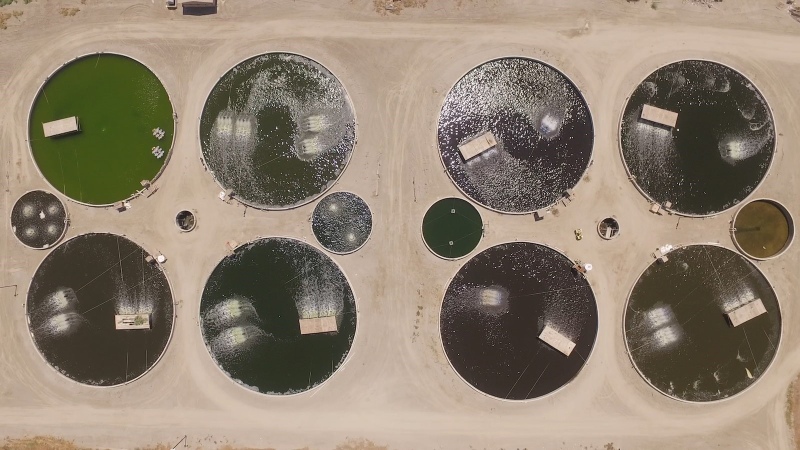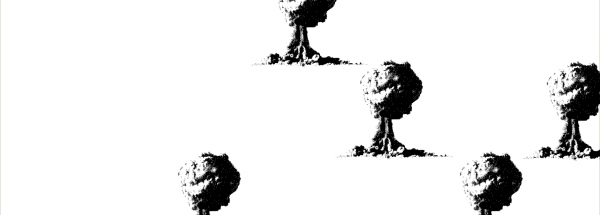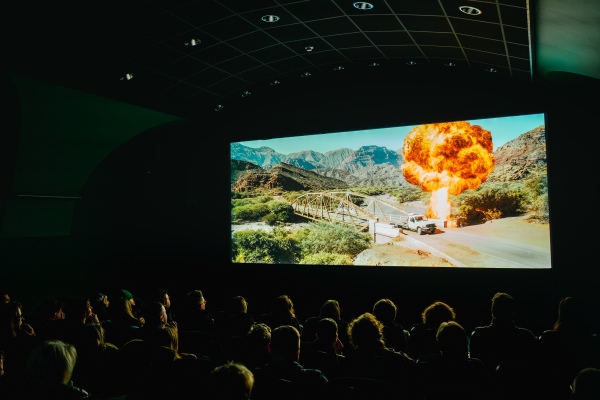12/11/2019
screening
Capturing the horizon
A set of experimental films: Captive Horizon + Transitions + Silica + Imperial Valley (cultivated run-off) (English friendly)
-
Captive Horizon
-
directed by Lukas Marxt, Austria 2015, 14'
- Captive Horizon walks the thin line between truth and illusion. For this, it uses Lukas Marxt's favourite motifs – uninhabited, yet man-shaped landscapes. The filming plays with perceptual habits to create original stories.
-
Transitions
- directed by Aurèle Ferrier, Switzerland 2017, 13'
- In this work, Ferrier explores traces of human civilization, taking viewers on a journey from the middle of the desert to Las Vegas – the world’s centre of hedonism. During this short journey between the two extremes, however, we will not see any people, just their traces.
-
Silica
- directed by Pia Borg, Australia/United Kingdom 2017, 23'
- Shown at the Venice Biennale in 2017, this work is about a town near an opal mine in Southern Australia. By combining analogue film with microscope shots and animation, Silica blurs the boundaries between what is real and what is imagined.
-
Imperial Valley (cultivated run-off)
- directed by Lukas Marxt, Austria 2018, 14'
- Imperial Valley is an agricultural region in California, where crops are only possible thanks to large-scale irrigation systems, and where the soil still contains pollution from military tests carried out in the region in the 1940s. The monocultural-ness of industrial crops on desert-like lands provokes the threat of environmental and ecological disaster. Lukas Marxt films the valley using a drone – the landscape, although created by man, appears to be a hostile place to which people certainly do not belong.




